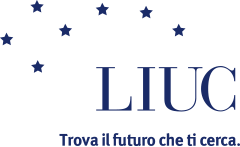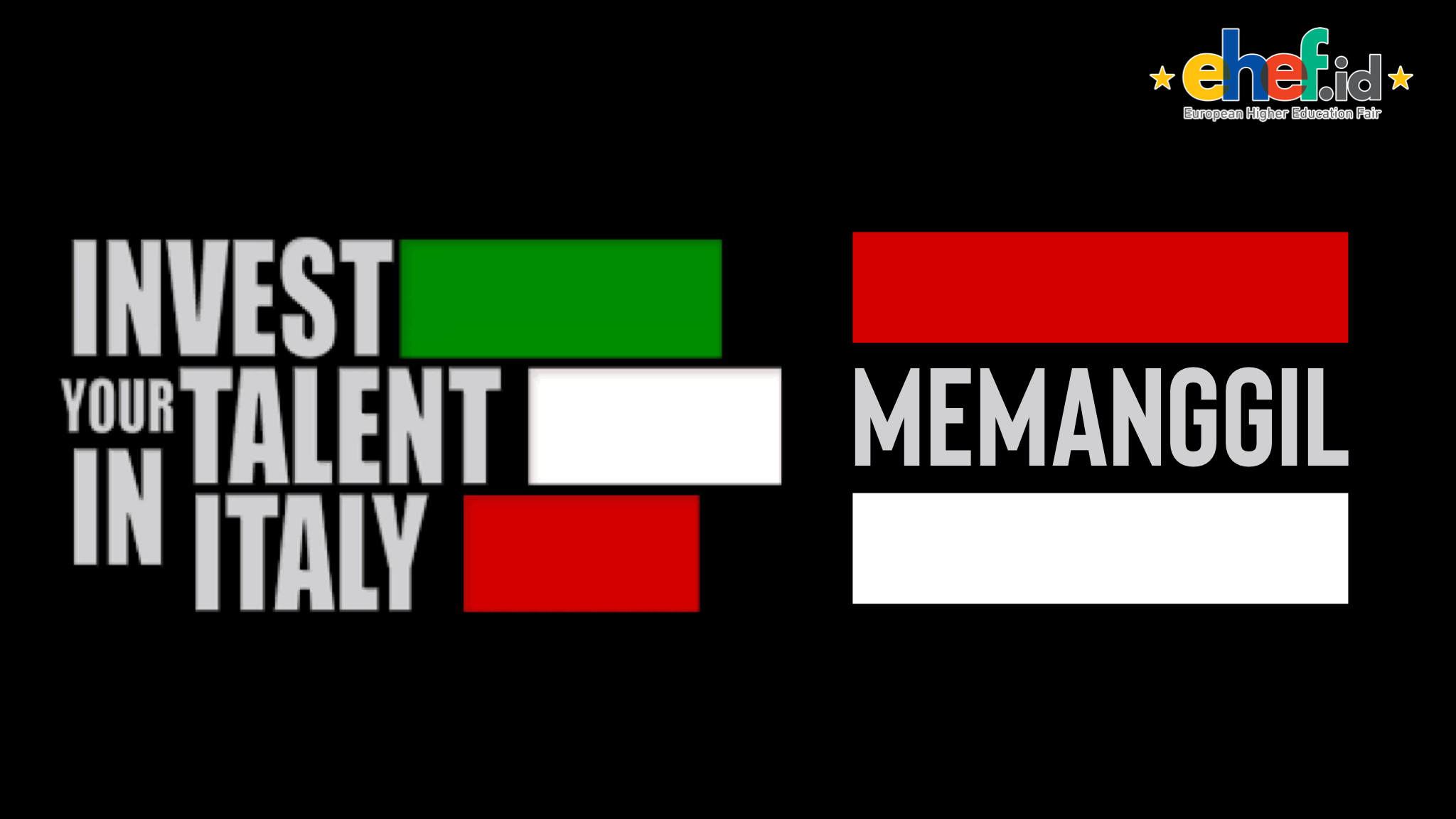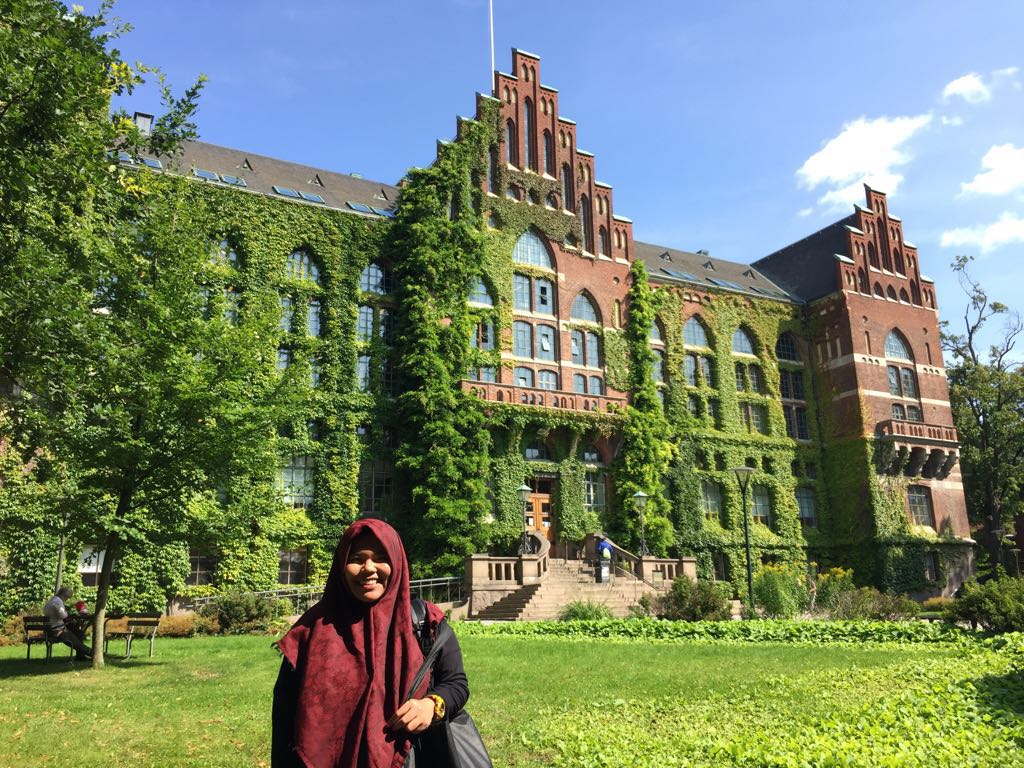
Study in LIUC - Università Carlo Cattaneo
Last edited on 03 Mar 2026
LIUC-Università Cattaneo was created in 1989 by the convergent will of 300 entrepreneurs in the Province of Varese (UNIVA) and Alto Milanese to create a university that would address economics-law-technology-science- and management, in order to prepare young people according to the real needs of the labour world.
It is the only Italian university, founded and directly managed by an entrepreneurial Association, created to provide training as close as possible to the demands of the business world and adapted to a local context characterised by a widespread presence of economic activities of small and medium size, and number of service functions to productive companies. A totally new initiative, therefore, that aimed to fill a gap then present in the scenario of Italian education.
In October 1991, just 26 months after the project had begun academic activities started, transforming LIUC in the seventh non-state universities present in Italy, the concrete expression of the need for strategic synergy between university, businesses and the territory.
On the pathway accompanying LIUC, from its founding to the present, there has been for all the spirit of doing for the business community that gave the University life, a spirit that becomes knowledge and understanding. For this reason, in the history of LIUC, there is the story of a cultural fabric, social and human, that goes beyond the horizon of time and refers to the great values that inspire the tradition of work, of thought, and of excellence. A spirit that is found in the vision and mission of a modern university, a university “created by companies for companies”, which focuses on the value of human resources, with a view to continual renewal and innovation.
And more, a strong sense of belonging, born from sharing not only the goal but also the way that one needs to take to get there. This pathway is, in turn, based on knowledge and know-howthat, for LIUC, is an indispensable tool to create opportunities for growth and development for people. There is concrete evidence of the results achieved to date, as the good rate of employability after graduation and the results, in terms of evaluation and merit, that reward the didactic quality and excellence of the structure.
All this is not only a source of pride for what has been done so far, but above all, motivation to continue to be a driving force, in which knowledge is born from dialogue, strong and constant, between the academic world and the world of work: to continue to be not only a school of I thought, but also a workshop of doing.







![Jajaran Universitas Italia di EHEF 2018 [Updated] Jajaran Universitas Italia di EHEF 2018 [Updated]](https://ehef.id/storage/app/uploads/public/5bd/963/391/5bd963391286d736467724.png)
